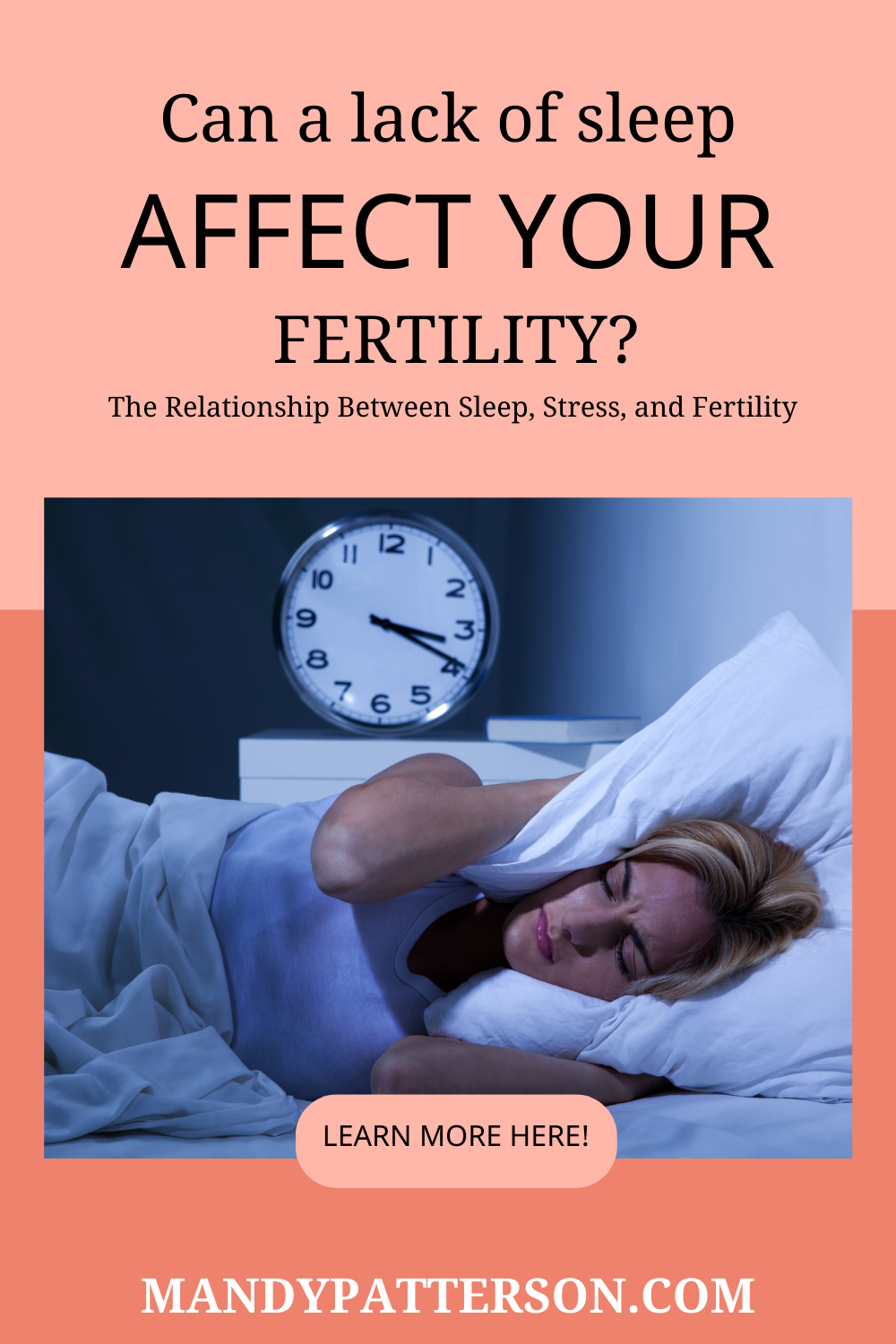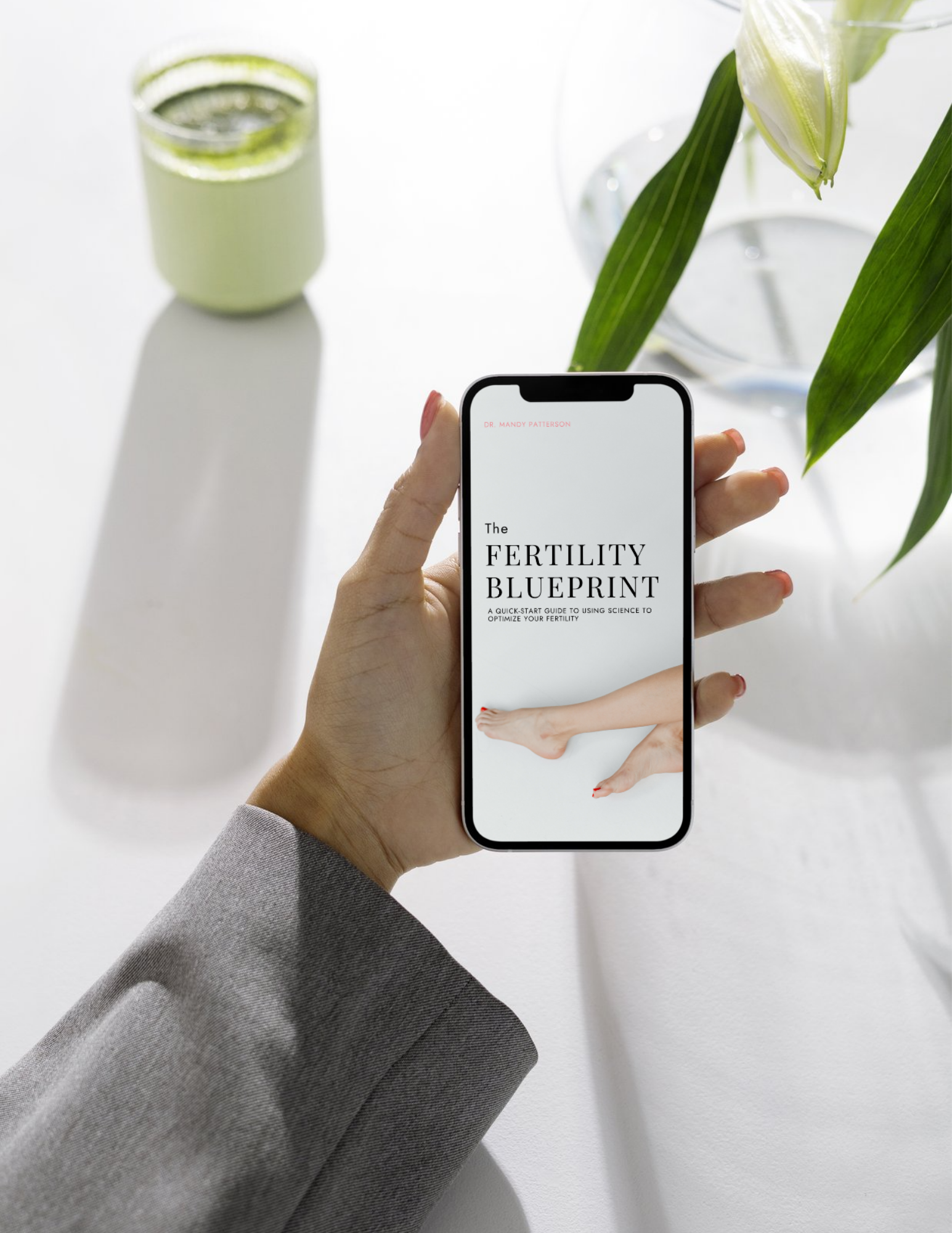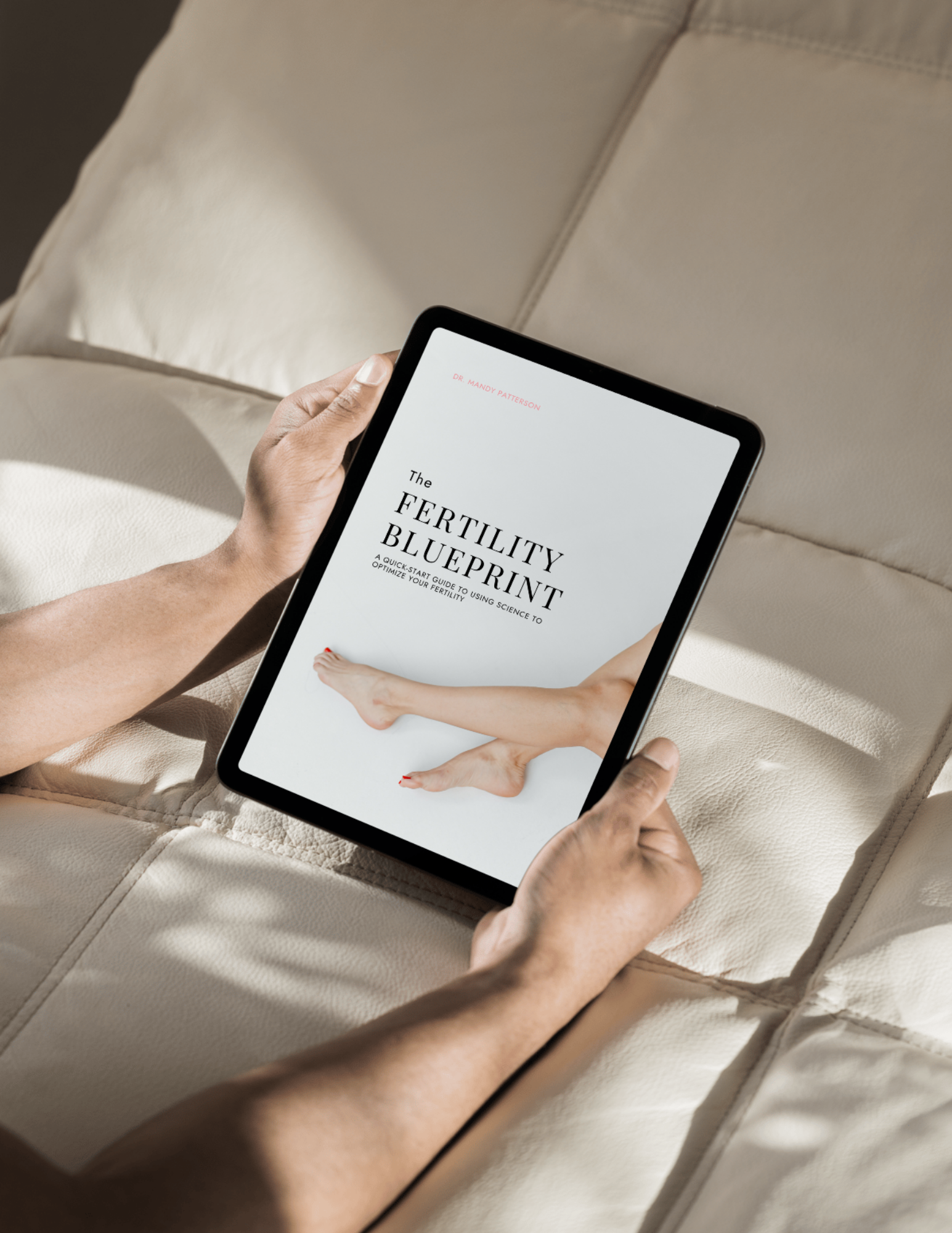In the fertility community, the rumors abound. There are so many myths about what causes infertility and what increases your chances of getting pregnant.
“You can’t get pregnant while you’re breastfeeding.”
“Put your legs in the air for 20 minutes after sex to help you get pregnant.”
“The best way to get pregnant is using (insert sex position).”
But by far, the rumor that makes it’s rounds the most is that infertility can be induced by regular stress alone.
As if going through a life change or having a particularly long list of responsibilities can cause your physiology to rebel and your eggs to just dry up?
To add insult to injury, your well-intentioned friends and family are quick to dismiss your fears with a simple, “I’m sure if you just relax, you’ll be pregnant in no time.” Ugh.The pressure, the guilt.
This myth preys on your tender heart and contributes to the feelings of hopelessness that are already warring inside of you. I know you’ve heard the whispers of self-doubt in the back of your mind. Maybe you’ve even wondered to yourself if the chronic stress of your career-driven successes or failures have been at the cost of your own family’s potential to grow.
First, let me set your mind at ease. (Then we’ll get into the nitty gritty, scientific details.)
Stress alone does NOT have the power to open or close your womb.
If this were the case, there would have been so many babies that would not have been born. Jesus of Nazareth, for instance. Or every single baby conceived worldwide in 2020. (I’m just saying…)
Let me be crystal clear here: neither your unfortunate circumstances, nor your incredible blessings, nor your dedicated commitments have cursed you with infertility. This is not your fault.
How Does Stress Affect Fertility?
On the other hand, the impact that your unique stress has on your body might be exacerbating an already difficult time conceiving.
For instance: not getting enough sleep can indirectly delay fertility.
You know who has a really hard time sleeping?
Someone who is laying awake stressed out about whether they will ever have a baby.
But if you knew that getting at least 7 hours of sleep a night would increase your likelihood of pregnancy by 15%, would you keep self-medicating with high doses of caffeine or would you make solving your sleep issues a priority?
These answers are rarely easy to find, and rarer still, is an infertile woman who has only one complicating factor. This is why digging for each and every bit of information is important. As a functional naturopath, I work with my clients to gather all of the puzzle pieces that help us understand the big picture of how to overcome all of the hurdles and achieve the perfect fertility balance. We get to the root of the problem.
So take heart, friend. This difficult journey to motherhood did not choose you because life just happened, as it inevitably always does.
BUT there is definitely a connection between stress, sleep, and infertility. Let’s discuss.
Why is sleep so important for fertility?
Sleep is the great modulator that is required for every system in your body to function harmoniously.
It regulates a host of your important fertility hormones including TSH (thyroid stimulating hormone), LH (luteinizing hormone), prolactin, testosterone, progesterone, estradiol, and AMH (anti-Mullerian hormone).
In other words, if your sleep is out of whack, there’s a good chance, your pregnancy hormones are too.
Can lack of sleep delay your fertility?
The short answer is, yes, it’s possible. Studies in the last few years conclude that women who get less than 7 hours of sleep are 15% less likely to get pregnant. And women who are undergoing fertility treatments and getting no more than 8 hours of sleep are 25% more likely to get pregnant.
This nicely illustrates the delicate balance that sleep plays in your body’s performance. Getting too much or too little sleep has the potential to throw things completely off balance.
And that is because your circadian rhythm impacts your hormone production.
If your anxious thoughts and mile-long to-do list is keeping you up at night, your AMH levels could be out of balance from the lack of adequate sleep.
Furthermore, research shows that sleep deficiency is directly linked with kidney disease, heart disease, high blood pressure, diabetes, obesity, depression, and other chronic health issues.
Notice that infertility is NOT on that list, BUT both fertility and pregnancy can be affected by every one of these disorders. If lack of sleep is causing your body to shut down in any of these areas, your brain could be sending out signals that you cannot currently support a pregnancy.
Are you starting to see the picture?
If they treat the kidney disease, but you still aren’t sleeping, they’re not really solving the whole problem. Instead we need to take a holistic approach: treat the kidney disease AND find a solution to getting you quality sleep regularly.
Now we’re talking functional medicine.
Vicious Cycle
Whether chronic stress or deficient sleep came first, they often go hand in hand. And when these two get together, the negative results are exponentially compounded.
Since both sleep and stress directly impact your reproductive hormones, this is no small issue and should be taken seriously by your entire fertility team.
If you’re having a hard time standing up for yourself and being heard by your caregivers, here’s a couple suggestions:
Remind yourself that you deserve quality and empathetic care.


















